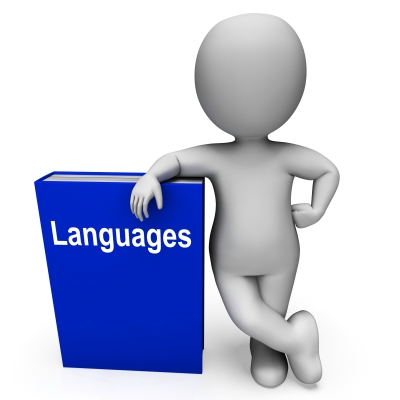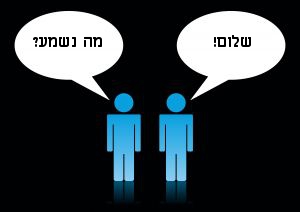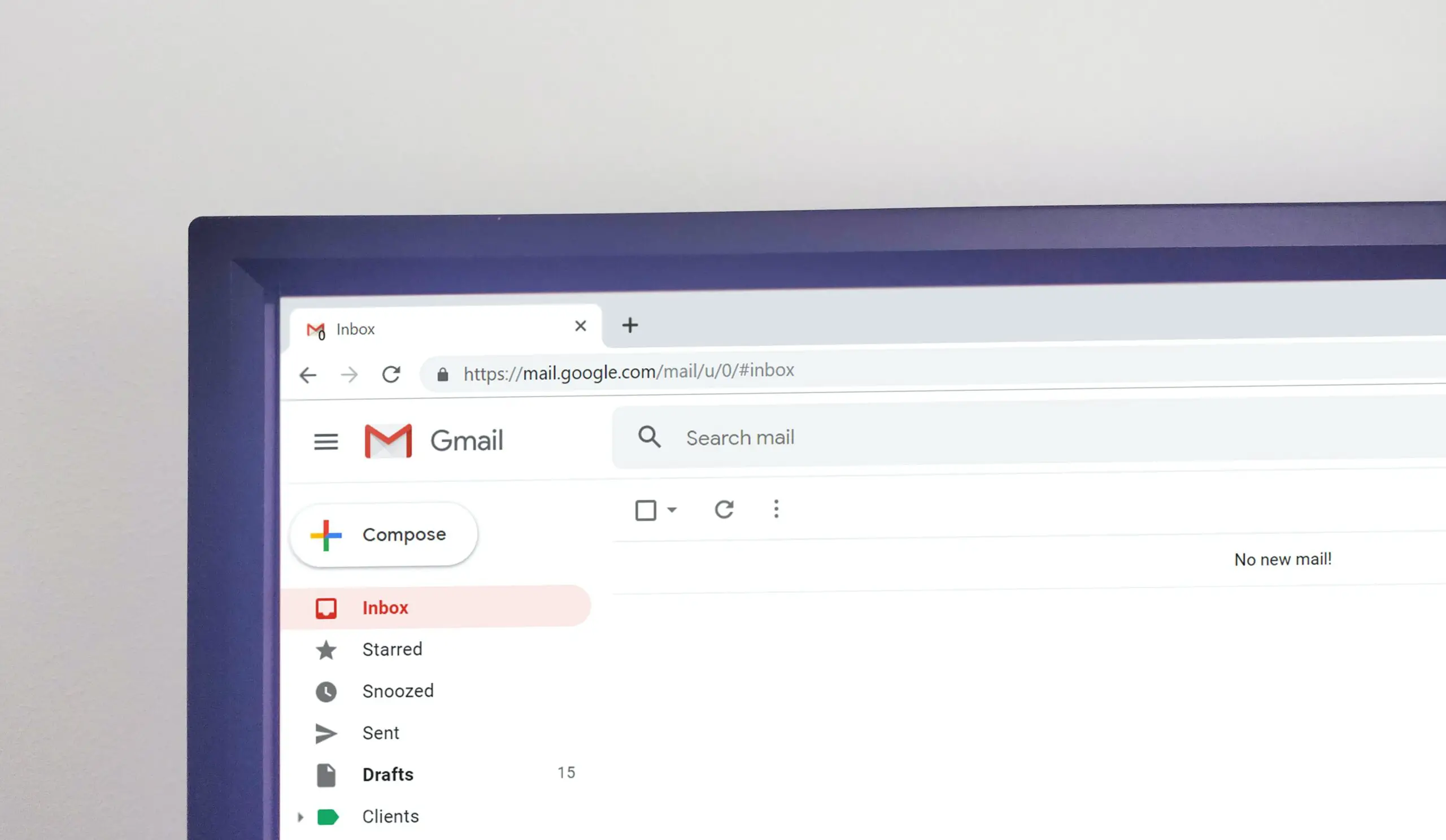Want to learn a new language, but don’t know where to start? Perhaps you feel you are too old to learn or just not smart enough. The truth is many of us tend to underestimate our mental abilities- especially when it comes to learning a new language. For example, do you know that adults can be better language learners than kids? Just check out the results of this study at the University of Haifa. Plus, with the continual development of the Internet, web conferencing, mobile devices, and software, it is possible to access many great (and often FREE) resources for learning virtually any foreign language online.
 There’s really no excuse.
There’s really no excuse.
The following is a primer for those seeking to learn a new language within a few months.
Three Fundamental Pillars Needed to Learn a New Language
In order to learn any new language quickly you must have the following three things in place:
1. You are in touch with your personality and your preferred learning styles. To determine your learning preferences, there are a couple of good online tests you can take: if you have 15 minutes, try the Learning Styles Inventory; if you’re pressed for time, you can take this quick quiz.
2. You are very clear about why you want to learn the new language, and that goal has to be strong enough to keep you consistently committed throughout the learning process.
3. You are willing to experiment and make mistakes.
You see, there is no one-size fits all strategy to learning a new language. All of the tips that I’m going to share with you work. They’ve been successfully tried and tested many times over. But some of them will work better for you than others. The goal is to find 3 to 5 strategies that best fit your personality and learning style, as well as your available time and resources and then stick with them.
General Tips for Rapid Language Acquisition
Before I get into the specific tips and tricks to learn a new language, there are several learning fundamentals that you should keep in mind:
- Make it doable. Break down the language learning into small, bite sized chunks with one longer-range goal. What those “bit-sized chunks” are specifically is entirely up to you; the important thing is that they are small and easily achievable. So, for example, you may want to know how to order food in your favorite restaurant, or know how to conjugate five verbs, or learn vocabulary related to computers.
- Learning something new is like eating. Just as it is healthier to slowly chew your food and eat several small meals throughout the day (as opposed to repeatedly scarfing down a gut-busting spread) it is easier to repeatedly absorb new information a little at a time. This means returning to the language, including the material that you have already covered, for a few minutes at a time each day. If you are attending an intensive ulpan or other language class with long sessions, then make sure you avoid looking at your class material on the days that the class meets. But, do review the material for a few minutes on the off days.
- There is a difference between proficiency and mastery. Proficiency means acquiring enough knowledge and skill to adequately perform a given task. But, it doesn’t mean that the performance will be flawless. Realize that the average learner will not be able to master a new language in a few months. But, it is certainly possible for a person to gain enough fluency in that time to be able to achieve basic comprehension and communication in that language.
A Collection of Tips, Tricks, and Hacks to Quickly Learn a New Language
The following is a master collection of the most effective and efficient learning strategies adults can use to learn a foreign language in only a few months.
- Start using the language as quickly as you can. I’m going to start with this tip and will repeat it again below because I think it is the most vital one. As soon as you know even a little bit of your target language, you have to get out there and start using it. All the tips below are important, but this is where real language acquisition truly begins. So, get on Skype with a native speaker, speak to the Spanish shop owner down the street, play video games in your target language… whatever you can, just do it! It will make the language learning process so much quicker.
- Have some contact (a few minutes) with the target language right before going to sleep. Studies have shown that it is easier to retain new information if the learning is followed by a good night’s sleep.
- Use only one grammar book or language course that you like to get the basics of the language structure and go through it in small chunks, yet steadily. Even if you don’t fully understand or remember a lesson, move on to the next one. After you have been speaking the language for a few weeks you can then go back and fill in the grammatical holes.
- When you review the material, write it out. Studies have shown that physically writing down content helps you to retain it more, and this has specifically been found within language learning.
- Create a collection of music in your target language and listen to it as you go about your day. Try to sing along in order to learn the intonation and to you help train your facial muscles.
- Read familiar children’s books in your target language. The level of the language used is basic and easy and, because you already know the story, it will help you to guess the meaning of new words and avoid using a dictionary.
- Read a text in your target language on any topic that you find particularly interesting. This could be on current events, or on your favorite hobby or sport. This will encourage you to continue through the content and pick up new vocabulary along the way.
- Read out loud. When reading anything in your target language, including texts, vocabulary, or phrases, make sure that you are reading the information that you specifically want to remember out loud. According to recent research, saying some words out loud or even mouthing them, while reading the rest of the text silently, can improve memory by more than 10%.
- Learn the right vocabulary. There are a couple parts to this tip. First, you need to learn a core group of the most common 300-500 words. This includes100 words that are essential in any language, such as prepositions and words introducing a question, as well as common adjectives and nouns and a small handful of verbs. Once you’ve learned these words, many other words can be understood eventually through context. The second part to this tip is to pick words and phrases that are related to something that you are interested in, such as a topic or a situation and that you can preferably start using right away.
- Learn the filler words in your target language. These are the words and phrases that people tend to say between sentences (examples in English would be: “like,” “so,” “umm”) but have no real meaning. Learning these words will help you to pause or “buy time” in a conversation.
- You need to constantly be working to strengthen your vocabulary. Start by creating word and phrase lists around subjects or situations that interest you. Then take a few minutes each day to review the list for a least a week. Over the next month, review the same list weekly. There are several ways to review and retain new vocabulary. Here are some suggestions:
– Writing it down. As mentioned above, writing things out can be extremely helpful for retention.
– Word association. imagining an equivalent word in your native language or attaching it to an image or even a physical object via a post-it note
– Flash cards. Whether you use printed flash cards or software-based ones, this technique works, but you have to stick with it. For a good software option try Anki. It’s free flashcard program that can run on smartphones. Anki is a spaced repetition system, which schedules reviews of flash cards based upon how often you’ve successfully remembered a card.
– Act it out. Pantomime actions to words
- Become a language instructor. If you have a friend who is also learning your target language, you could take turns “teaching” what you’ve learned (or want to learn) to each other.
- Go out and take a walk while learning. Researchers in Germany discovered that the memory performance of both young children and adults improved when they were engaged in walking as compared to when they were sitting. Whether it’s the increase in blood circulation or the rhythmic movement of the legs, walking just helps our brain work better.
- Immerse yourself. If you can’t travel to a country where your target language is spoken, then you should look for ways to create immersive experiences that will force you to use your language skills. If possible, visit an area in your city or town where the language is spoken. Hang out at cafes, libraries, malls, bars, and other locations and engage foreign language speakers with simple conversation. Make friends with native speakers. Invite them over for dinner or a few drinks. Tell them that you want them to speak to you only in their native language. You can also do this online via Skype sessions with native speakers. Some great platforms to check out are italki, My Language Exchange, and Interpals.
Know any other tips, tricks, or tools to learn a new language that aren’t mentioned here? Let us know in the comments below.





